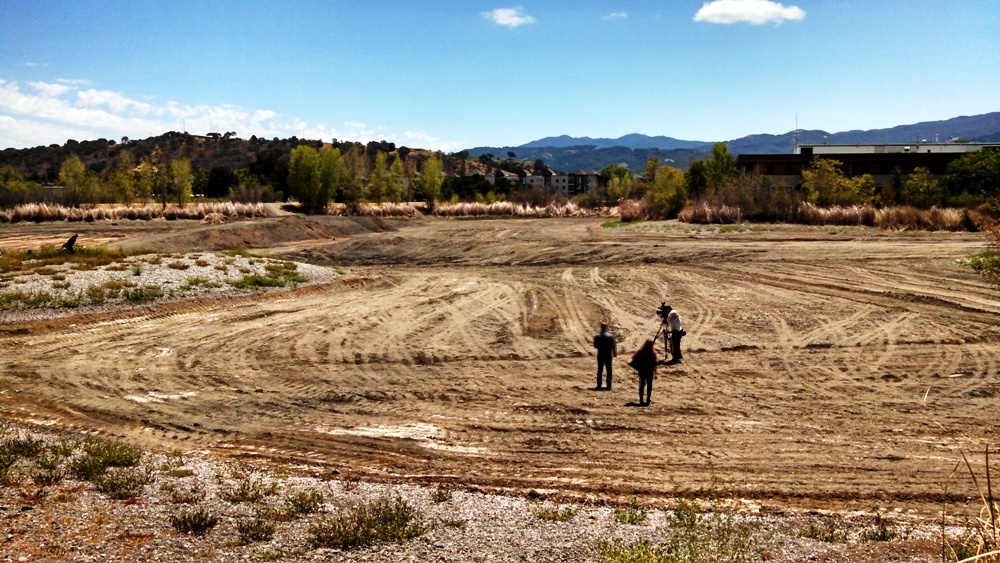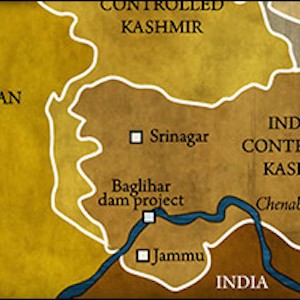Pacific Institute makes water policy recommendations for next president

OAKLAND, California — Clear, integrated, domestic and international water policy at the federal level, is the focus of a new report by the Pacific Institute. Dr. Peter Gleick outlines his suggestions in a three page open letter to the next president of the United States.
Covering the gambit from international conflict resolution to United States agricultural policy, water is at the heart of every issue touched upon in the report.
“We have limited and unevenly distributed fresh water resources, and they are used inefficiently and ineffectively – in part because of the lack of basic national water policy,” said Gleick in a press release. “Our water quality is not as well protected as it could, and should, be. And new domestic and international security threats around water are growing.”
The recommendations come as the presidential race enters its final weeks. Gleick presented his policy suggestions to both campaigns.
His recommendations follow [download a pdf version and press release]:
Circle of Blue’s east coast correspondent based in New York. He specializes on water conflict and the water-food-energy nexus. He previously worked as a political risk analyst covering equatorial Africa’s energy sector, and sustainable development in sub-Saharan Africa. Contact: Cody.Pope@circleofblue.org








Leave a Reply
Want to join the discussion?Feel free to contribute!